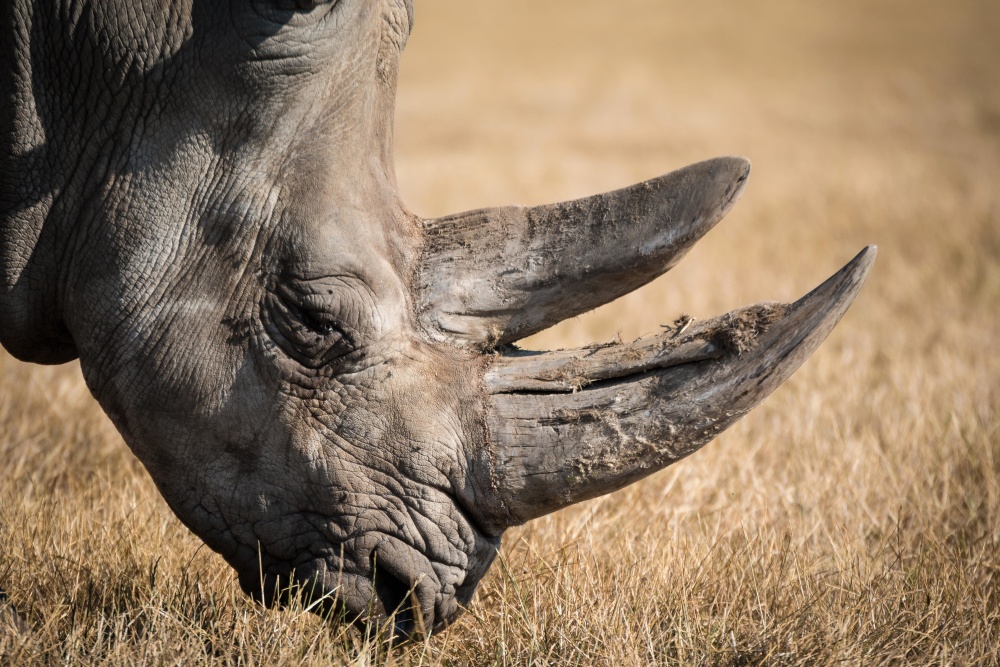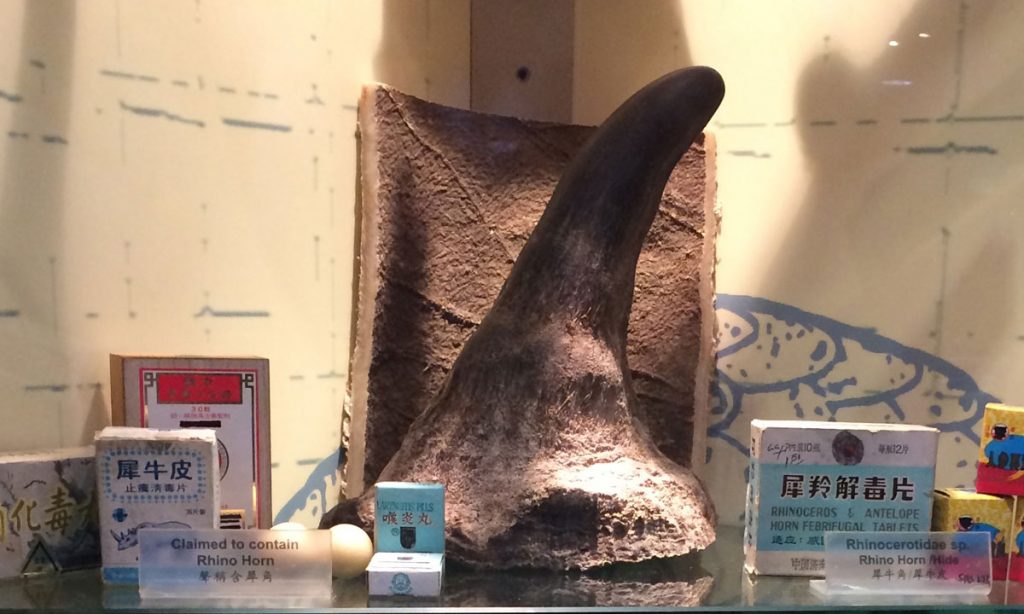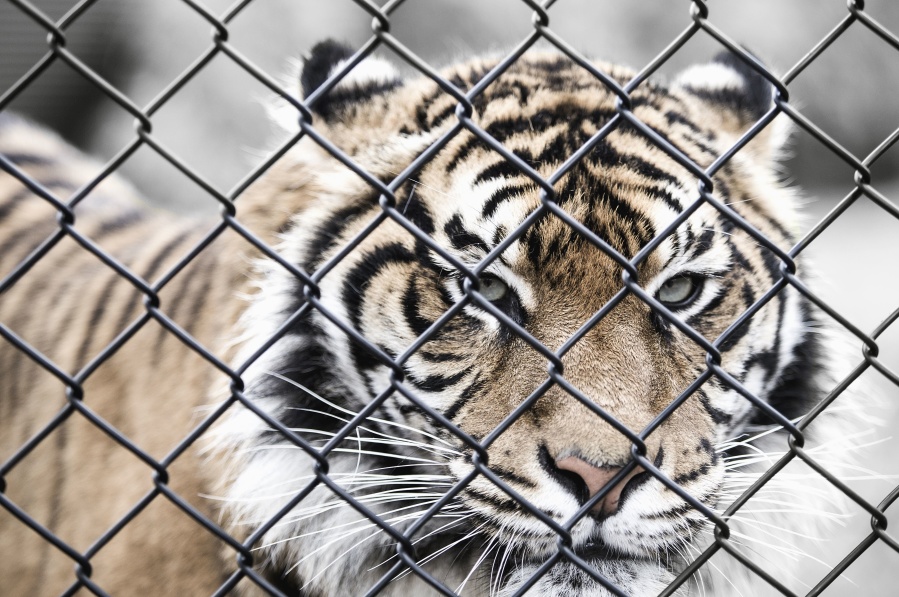
In a controversial move, China has made it legal to use rhino horn and tiger bone for “medicinal purposes,” lifting a ban that had been in place to protect both species since 1993.
According to a statement by the State Council, rhino horns and tiger bones can now be sold and used for “medical research” or “healing” purposes, if they are obtained from farmed rhinos and tigers, excluding those raised in zoos. The new policy also allows “qualified doctors” in “qualified hospitals” recognized by the State Administration of Traditional Chinese Medicine to use powdered rhino horn and the bones of dead tigers. Trade will also be allowed for body parts classified as “cultural relics.”
Conservationists and wildlife experts are shocked and saddened, saying the move will have devastating consequences for the already vulnerable species. They say poachers will be able to use this to their advantage, as there is no way to tell the difference between the body part of a farmed animal versus a wild one.

“China’s experience with the domestic ivory trade has clearly shown the difficulties of trying to control parallel legal and illegal markets for ivory,” said Margaret Kinnaird, WWF Wildlife Practice Leader, in a statement. “Not only could this lead to the risk of legal trade providing cover to illegal trade, this policy will also stimulate demand that had otherwise declined since the ban was put in place.”
There was no reason given for the sudden change in regulations, but experts believe it may relate to the increasing number of tiger farms around the country.

While there are only an estimated 3,890 tigers left in the wild, as many as 6,000 tigers languish in cramped conditions with signs of severe malnutrition and neglect in Chinese farms disguised as sanctuaries and safari parks.
The decision has essentially signed a death warrant for species already struggling to survive.




